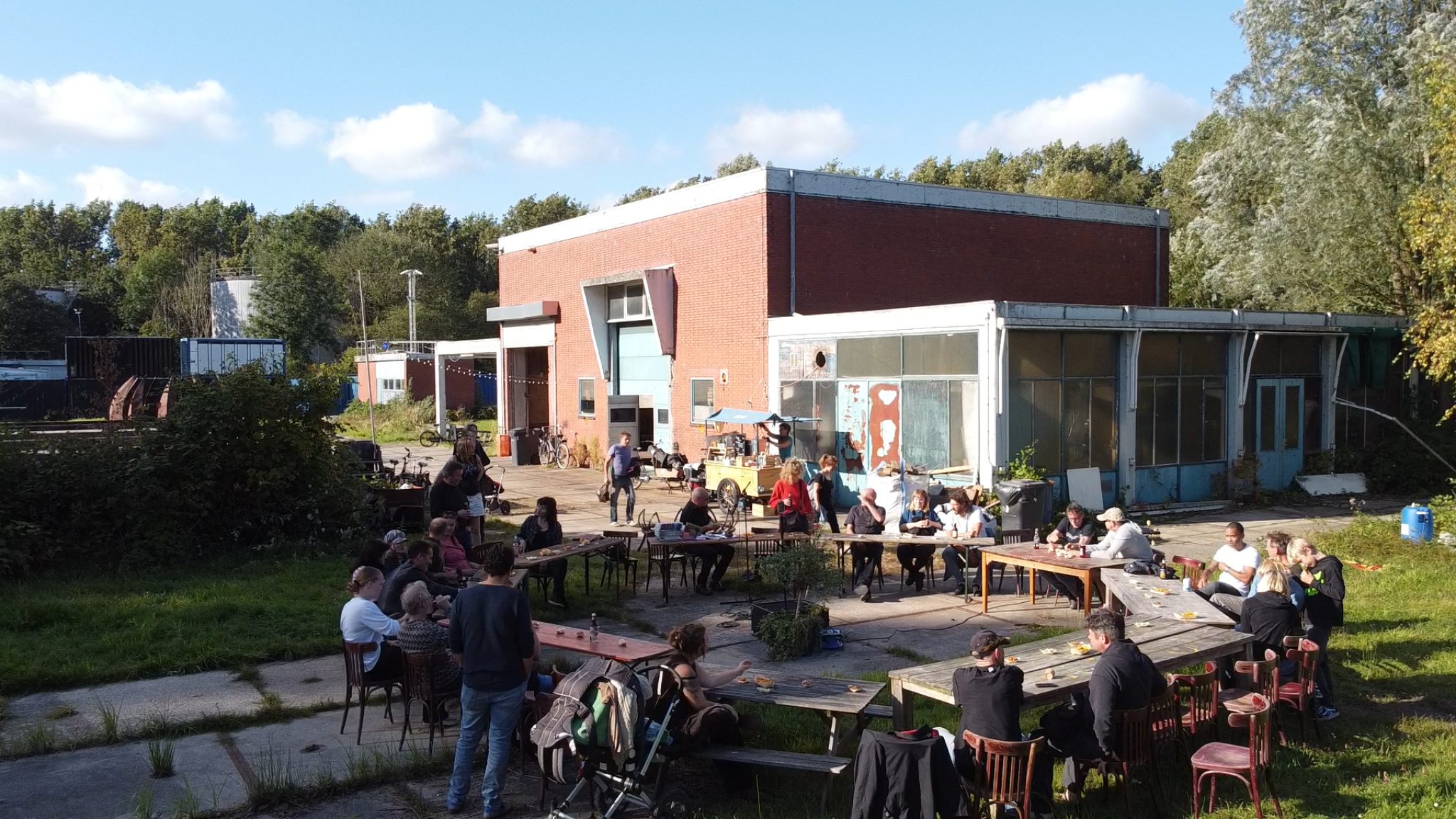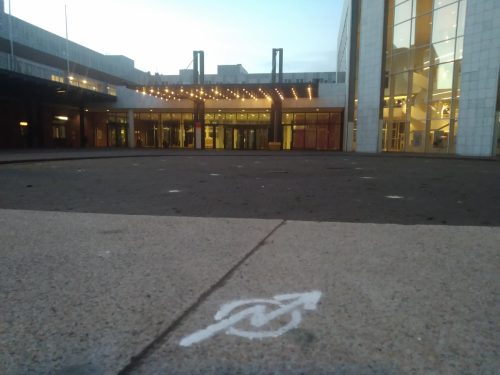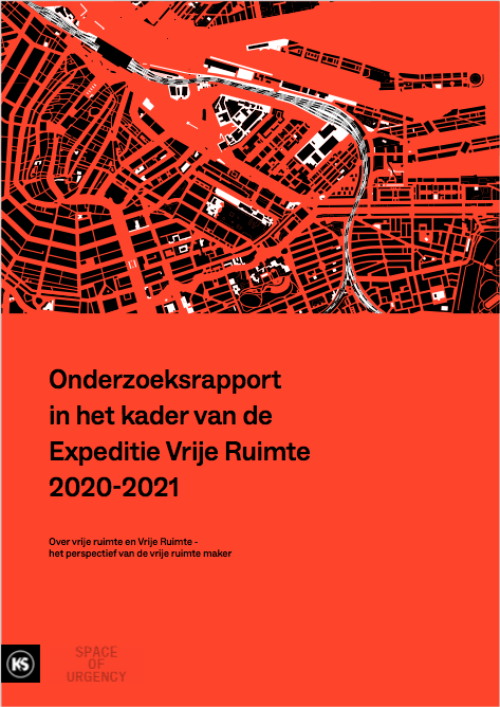
Free Space Policy 2021
The City of Amsterdam asked Space of Urgency to monitor the perspective of the ‘free space user’ during the Free Space Expedition 2020-2021. With this Expedition, the city administration tested different ways of protecting Free Space and making new spaces available.
Project goals
Space of Urgency was asked to:
- Monitor the perspectives of the free space users
- in general collaboration with the municipality and involvement in the policy
- During the realization of free space pilots
- Research relevant international developments
- Combine all findings into an advice on how to continue the Free Space Policy in the next years
Problemfields
In Amsterdam, the disappearance of free space for culture and experimentation in recent decades is clearly noticeable. In its coalition agreement of 2018-2022, the city council expressed the ambition to start protecting the still existing free spaces and develop new spaces.
The responsible departments have developed a concrete plan for this, partly based on research and advice from Space of Urgency in 2019. This plan, the Free Space Expedition 2020-2021, defines how the municipality wants to try out ways to realize new free space in the city.
Proposed solutions
The city appoints a ‘Free Space Team’ with members of different administrative departments. They need to bring together the complex bureaucratic world of the municipal system with those of the free space users to realize actual spaces that resemble a free space.
The plan is received with mixed feelings by free space users of Amsterdam. Some are positive about the fact that the city administration wants to support. Most are skeptical because free space and governments normally don’t go together well, let alone a government wanting to create free space themselves.

Space of Urgency’s role
The role of Space of Urgency was to collect the perspectives of the free space users and turn this into advice for the administration. Due to the lack of understanding between (most) administrators and free space users, this needs to be done by an independent party that can speak both languages. Unfortunately such a lack of understanding often leads to the absence of involvement of citizens in the development and the implementation of policies.
Space of Urgency tried to bring the perspectives of the free space users to the Free Space team of the city administration throughout the project. Moreover Space of Urgency collected good practices of relevant international developments on creating spaces for bottom-up culture and experiment.
Approach
Space of Urgency used a combination of in-depth interviews, round tables, desk and field research. Furthermore it passed on funds directly to free space users for their contributions.
Since the realization of new spaces took more time than anticipated, Space of Urgency focussed mostly on how real participation in the policy could be achieved. An important question of the administration was how to activate free space users. We believe this is best done by the free space users themselves, where top-down attempts by the municipality tend to fail. To do so, Space of Urgency directly passed on funding to free space initiatives for organizing physical gatherings and online networking about the policy.
Outcome
Space of Urgency summarized its research in recommendations for a multiple-year Free Space Policy, and presented these to the alderman of culture and city development. Due to elections and new political directions in 2022, it is not clear yet how the policy will continue. It is clear however that it will continue, and that recommendations from Space of Urgency for a more equal collaboration between the administration and free space users are being followed up.
Read the full report here (Dutch only)
